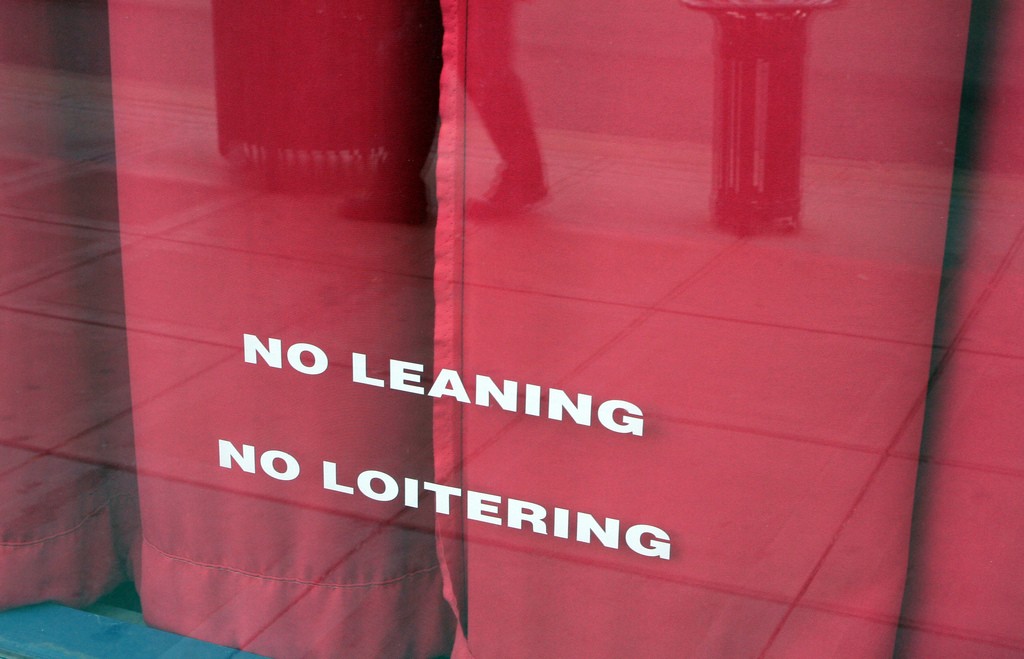
Sociologist Nancy Heitzeg collaborated with community consultant William W. Smith IV for a piece in the Star Tribune about the racial policing of low-level crimes in Minneapolis. African Americans, they write, have experienced disproportionately high arrests for minor offenses such as loitering, spitting, lurking, depositing tobacco, congregating on the street or sidewalk, and violating juvenile curfews. A black person in Minneapolis is 7.54 times more likely to be arrested for vagrancy than a white person, and black youth are 16.39 times more likely than their white peers to be arrested for loitering or breaking curfew. It’s unlikely that African Americans commit more of these crimes, Heitzeg and Smith write; instead, racial profiling and the policing specific neighborhoods are bigger drivers of the disparity.
Some question whether more arrests for low-level offenses actually matter in the grand scheme of things. Community organizations including Black Lives Matter Minneapolis, the Coalition for Critical Change, and Community Justice Projects have initiated petitions charging that many of these ordinances are vague and unconstitutional. Additionally, according to Heitzeg and Smith “The overpolicing of our communities of color contributes to unequitable outcomes in multiple social arenas, including education and employment.” Even having been arrested for a minor violation can negatively affect college admissions or getting a job.
Heitzeg and Smith highlight the history of racialized policing and the withholding of civil rights in the detainment of African Americans. They connect low-level offenses to the post-abolition Slave Codes transformation into Black Codes that circumscribed the lives of African Americans in the Jim Crow era. As the authors put it, “Low-level and ‘livability’ crimes were central features of the old Jim Crow era, and remain today—in the New Jim Crow era—as pretextual police tools in racial profiling.”
To listen to a TSP Office Hours interview with the author of The New Jim Crow, Michelle Alexander, click here. Our book Crime and the Punished includes an excerpt from the interview.

Comments